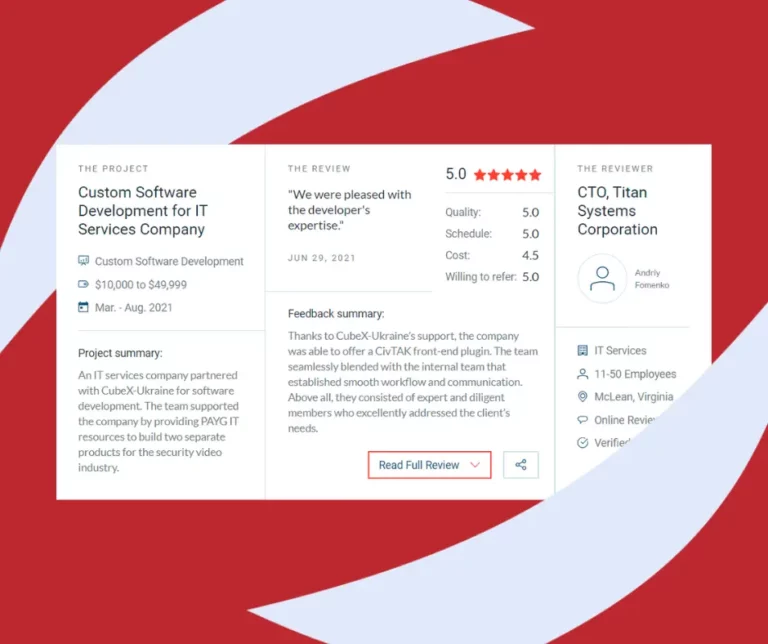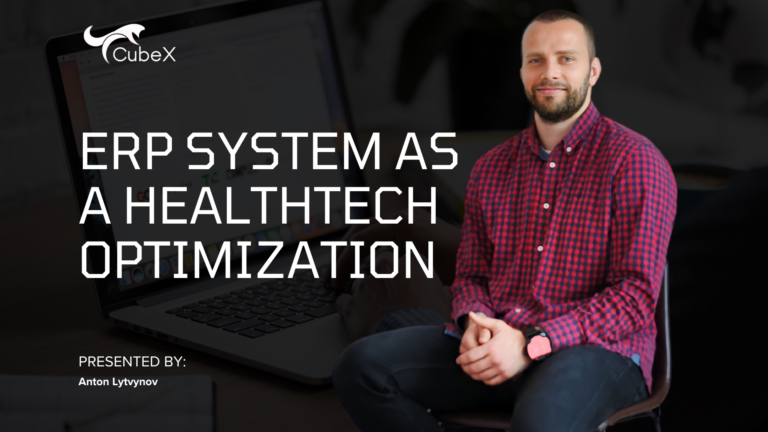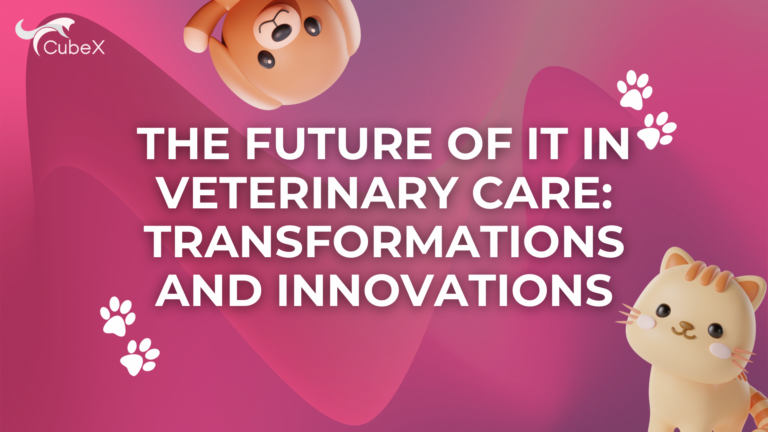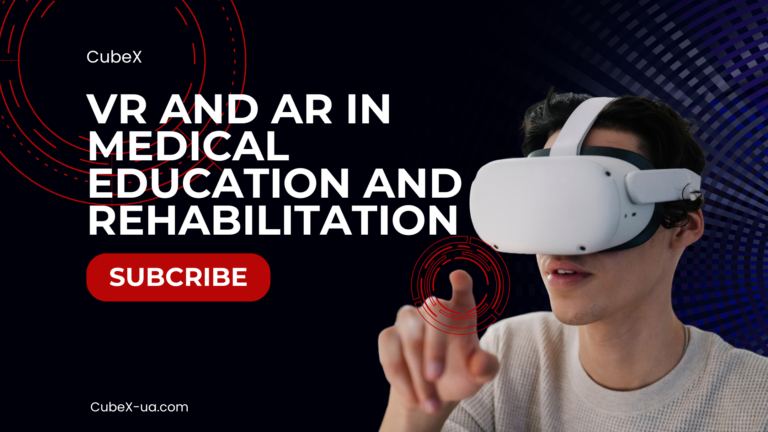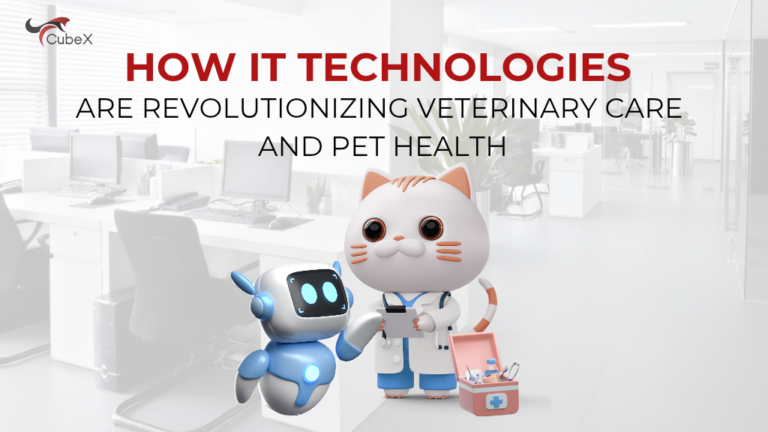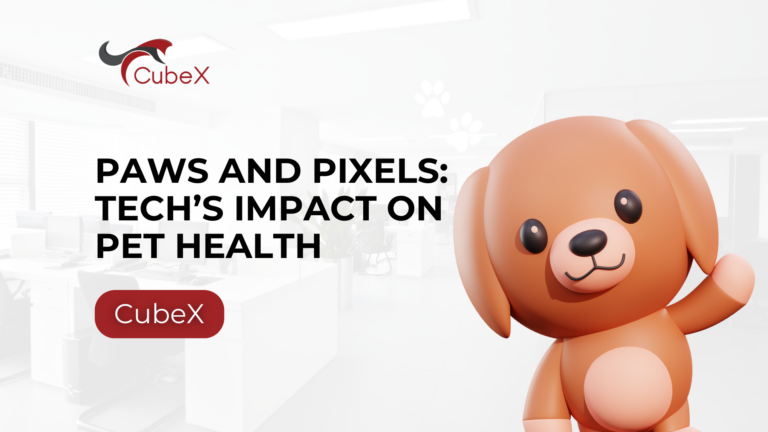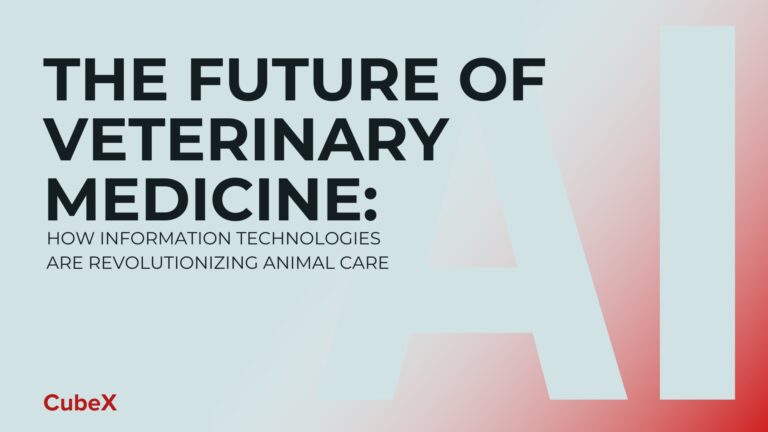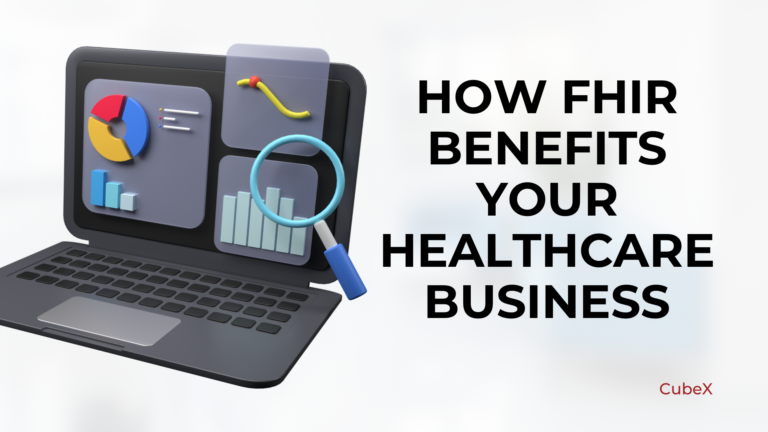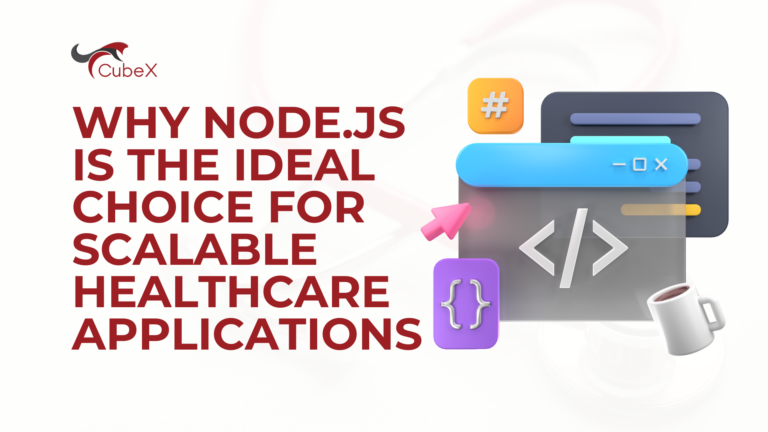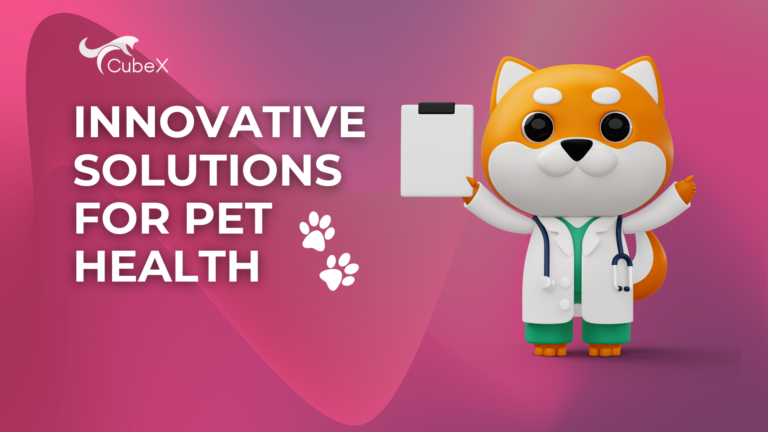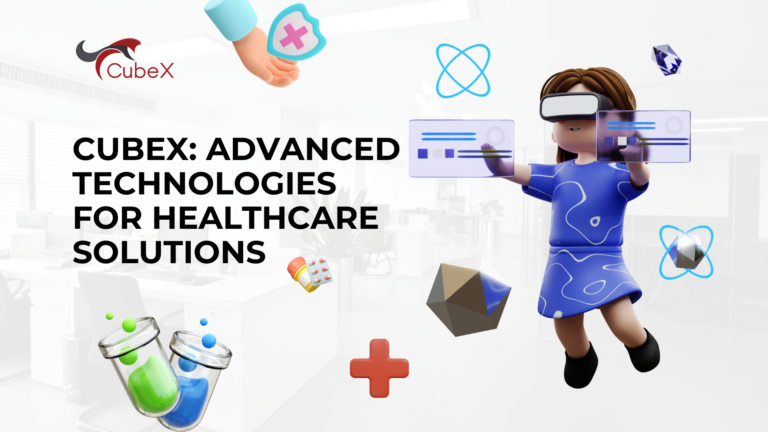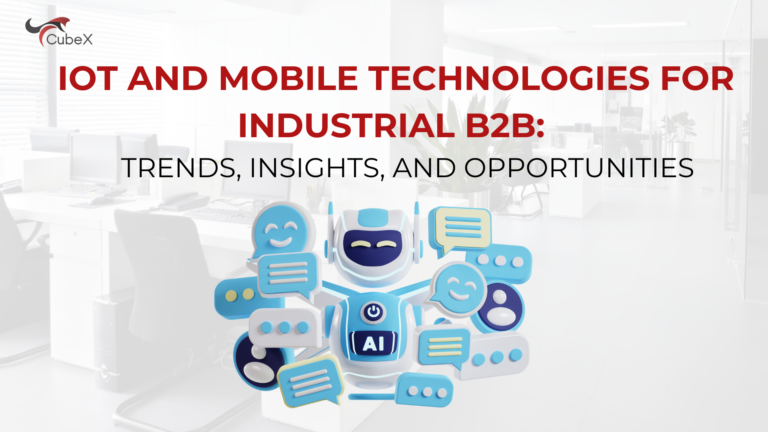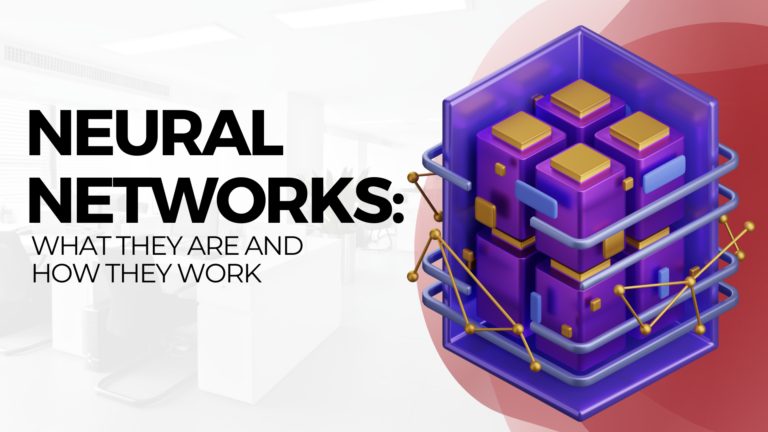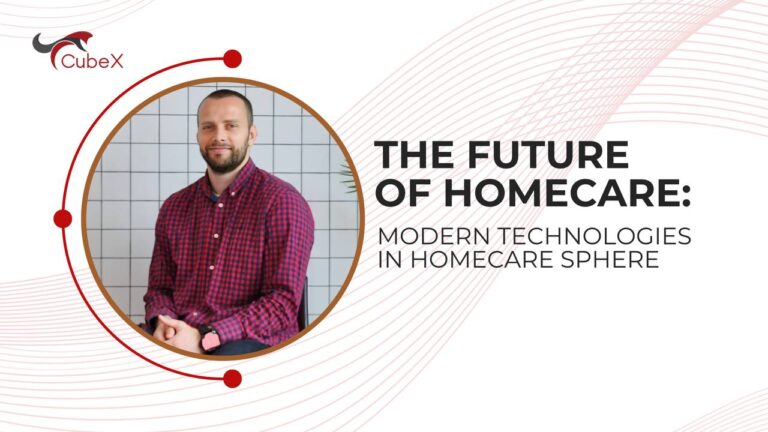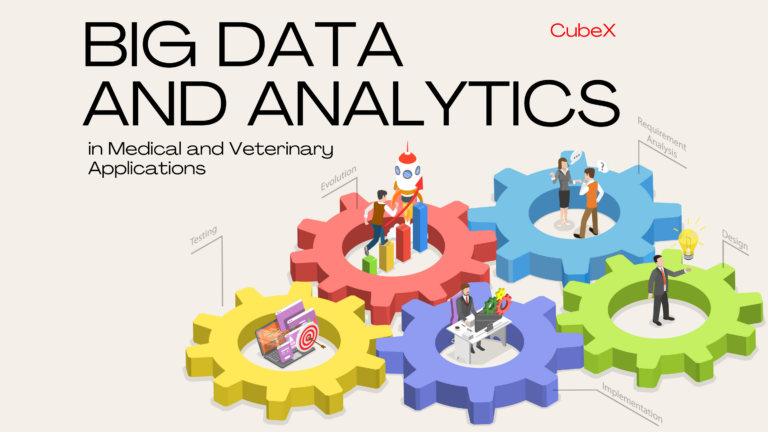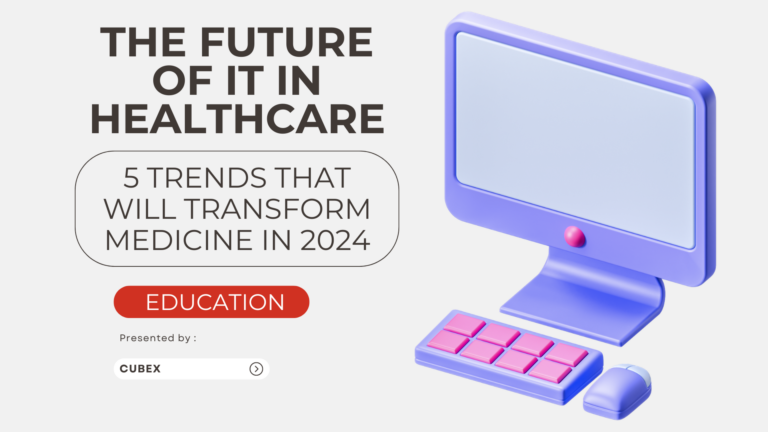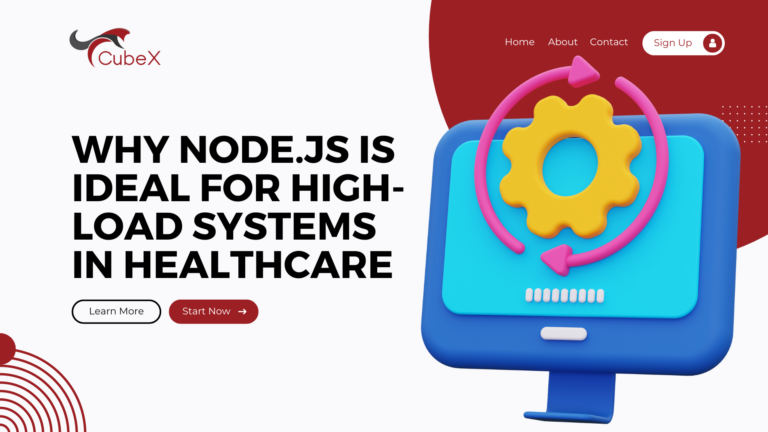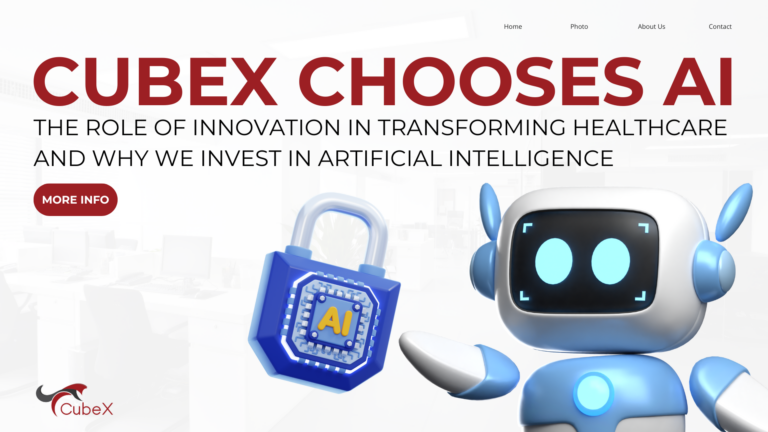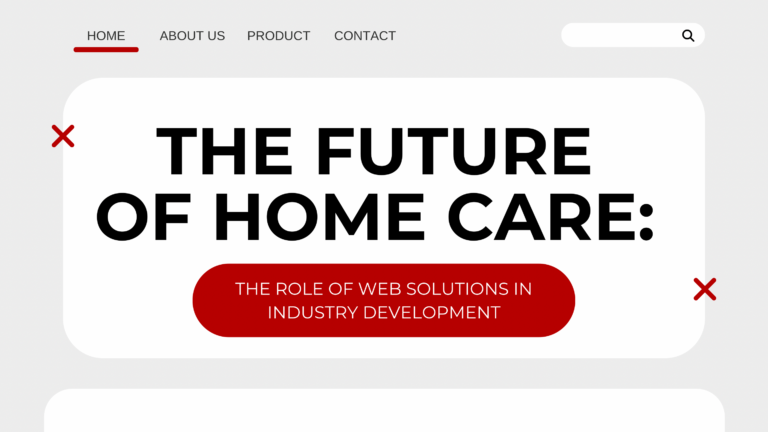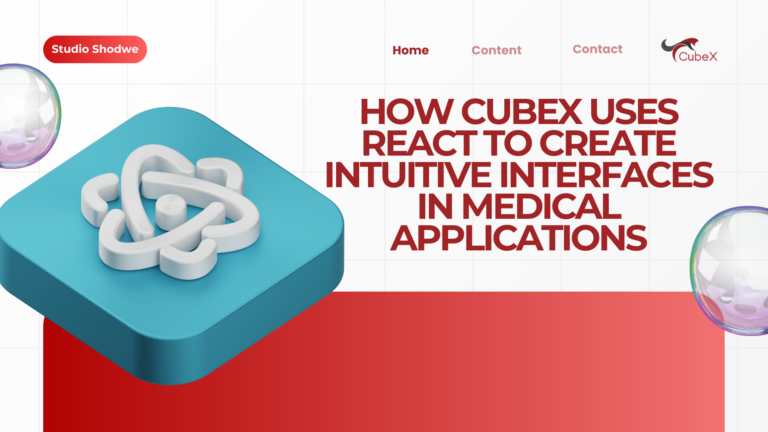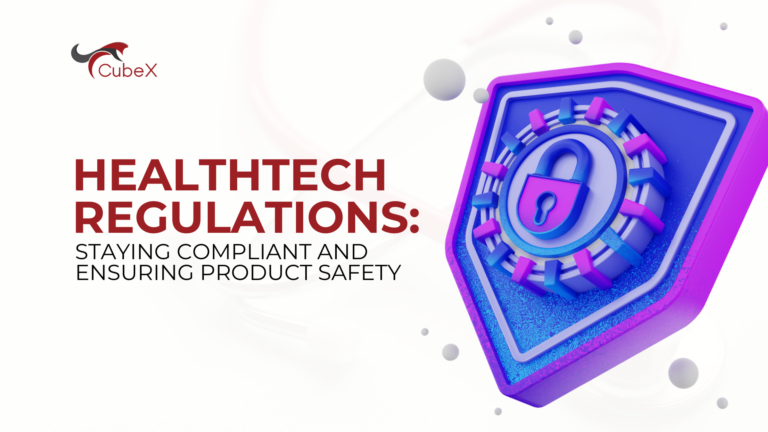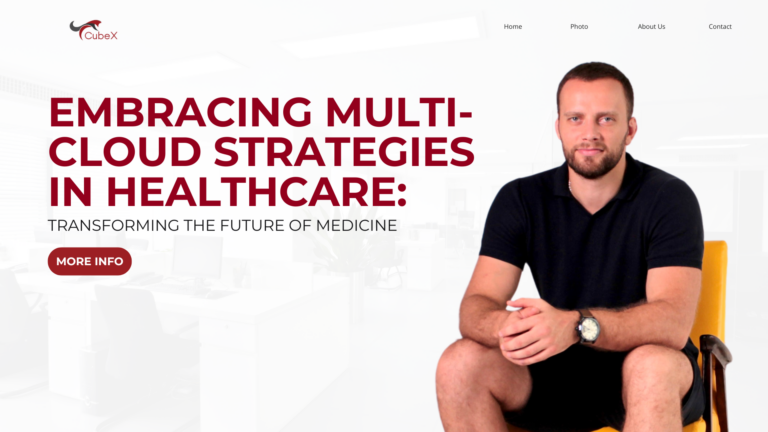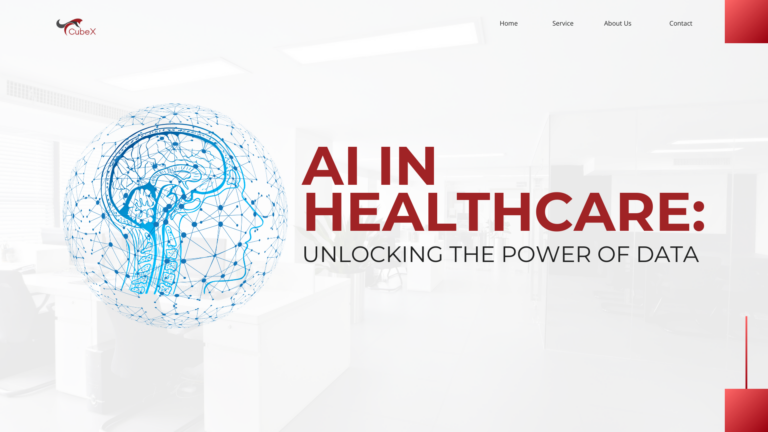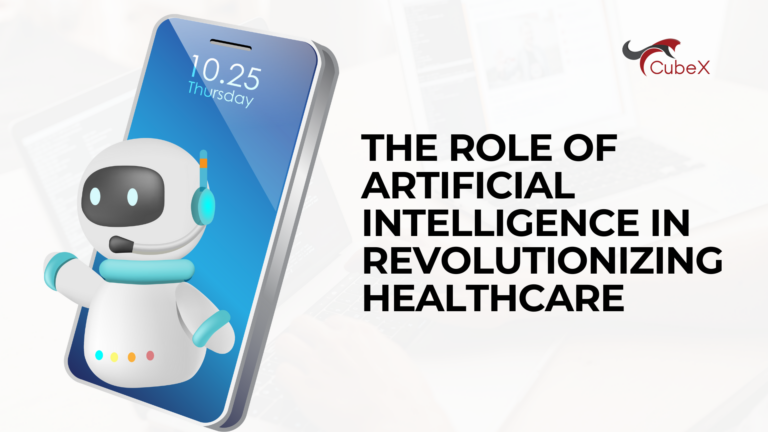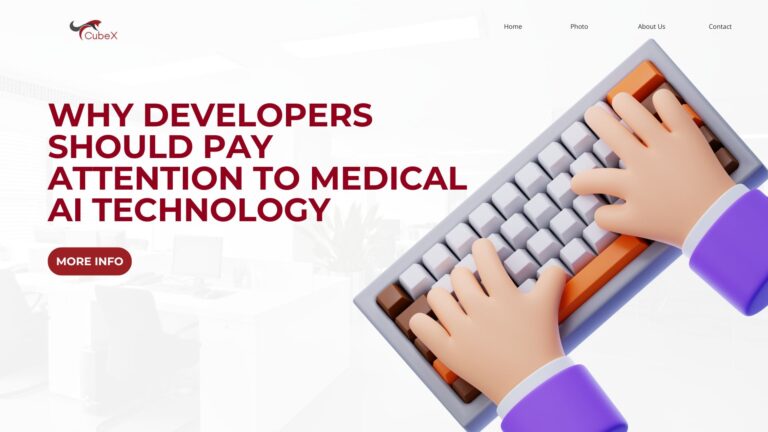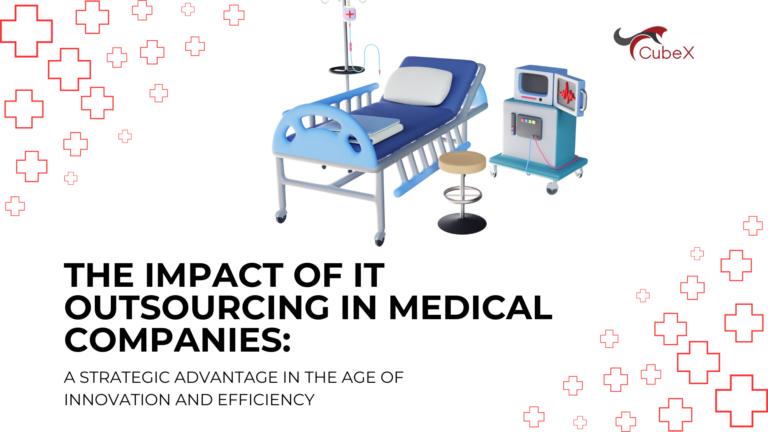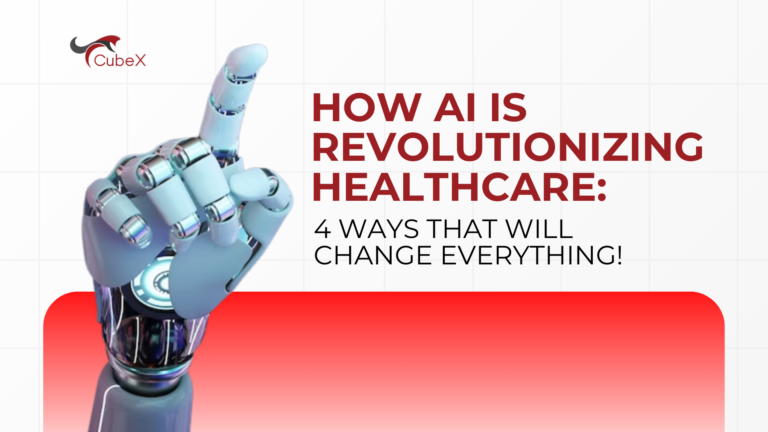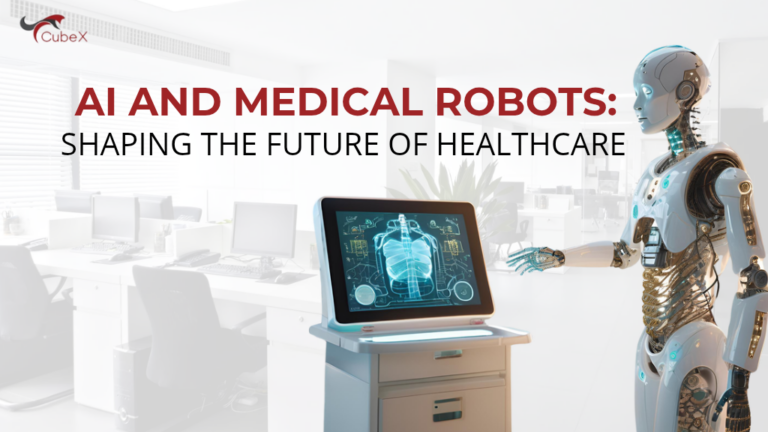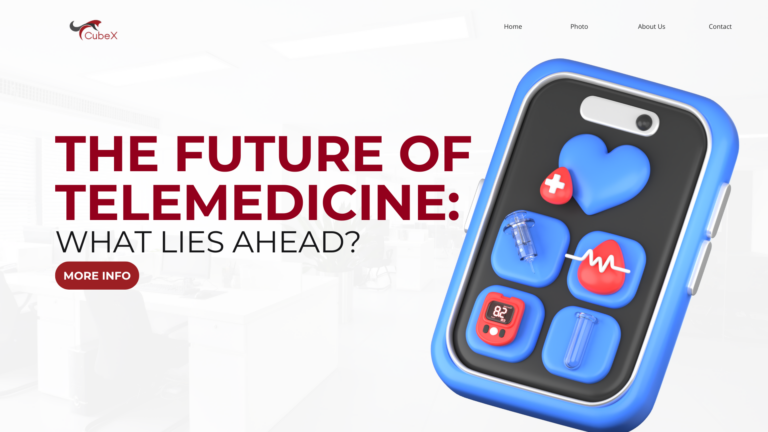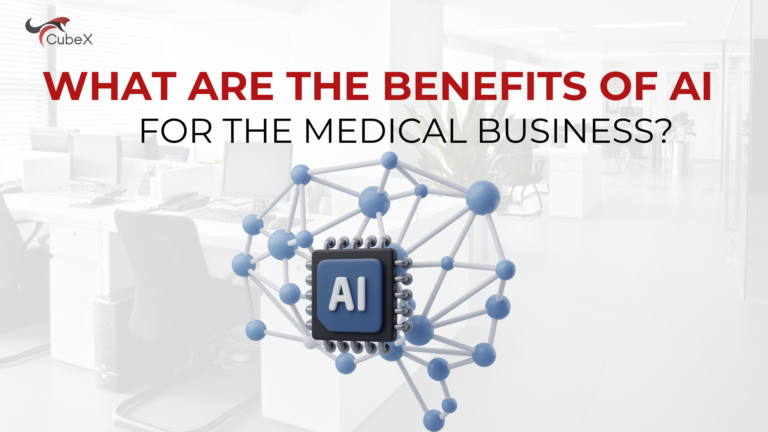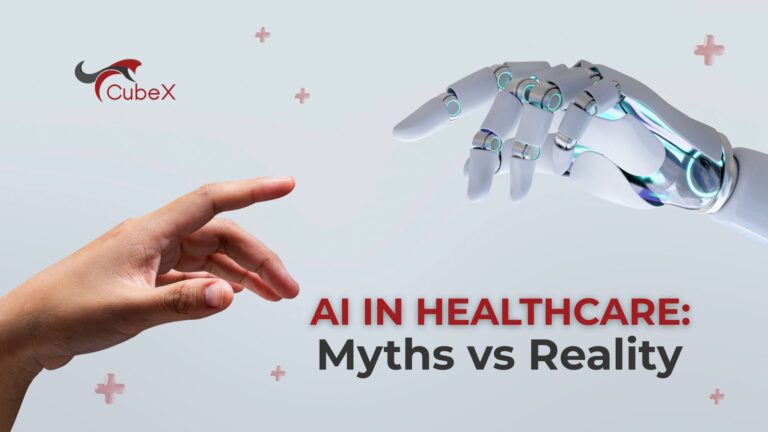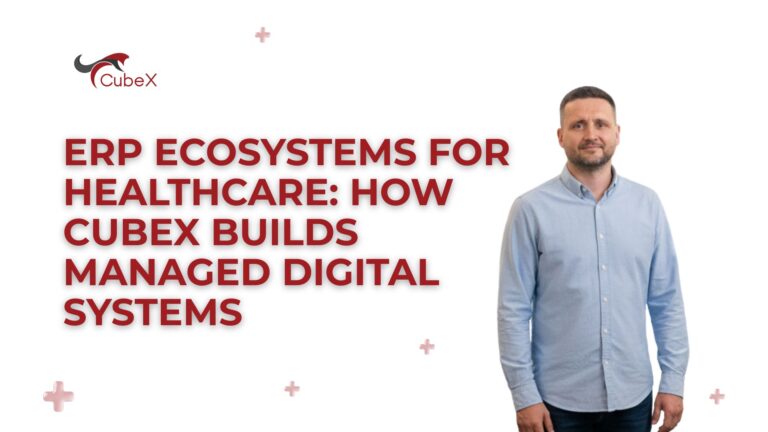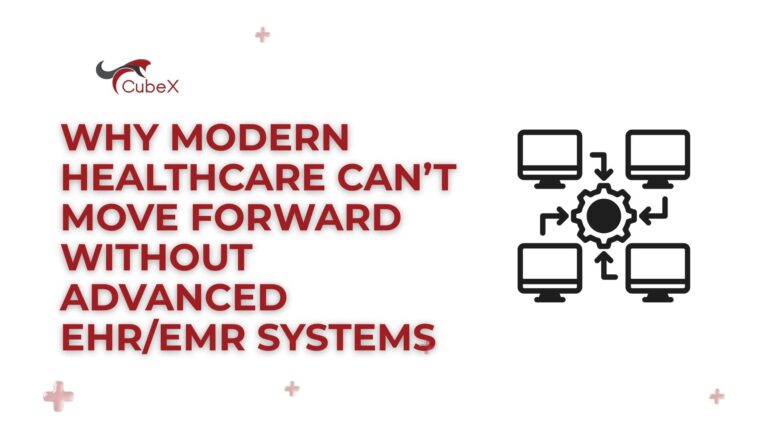The Future of Veterinary Medicine
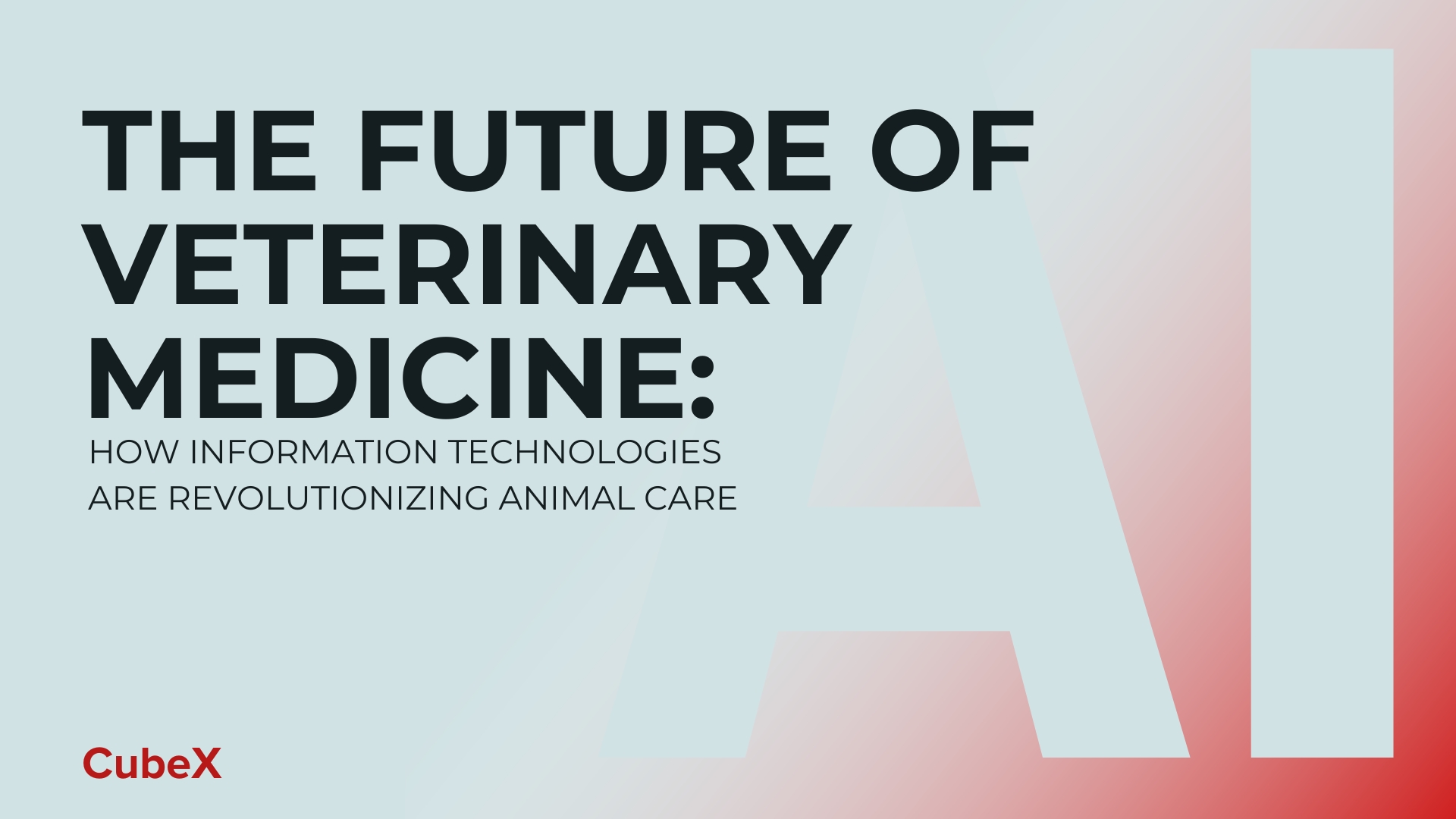
How Information Technologies Are Revolutionizing Animal Care
Veterinary medicine is undergoing a significant transformation, driven by the rapid advancement of information technologies. The integration of artificial intelligence (AI), machine learning, process automation, and telemedicine is reshaping how veterinarians diagnose, treat, and manage animal health. These innovations are not only improving the quality of care but also making veterinary services more accessible and efficient for pet owners worldwide.
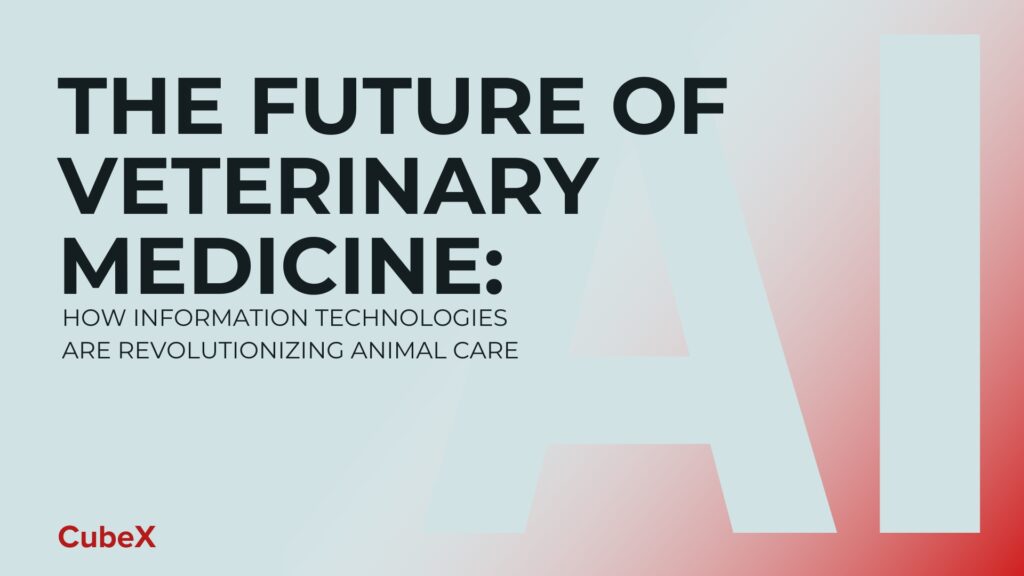
AI and Machine Learning: Enhancing Diagnostic Capabilities
One of the most impactful developments in veterinary medicine is the use of AI and machine learning. These technologies have the potential to revolutionize diagnostic procedures by analyzing vast amounts of data, identifying patterns, and providing insights that may be overlooked by the human eye. AI-powered diagnostic tools can process medical images, lab results, and even genetic data at an unprecedented speed and accuracy.
For instance, AI algorithms can evaluate radiographs, ultrasounds, and other imaging modalities to detect abnormalities such as tumors, fractures, or organ dysfunctions with a high degree of precision. This capability allows for earlier detection of diseases, which is crucial for effective treatment. Moreover, machine learning models can continuously improve as they process more data, leading to even more accurate and reliable diagnostics over time.
Personalized Treatment Plans: Tailoring Care to Individual Needs
AI is also playing a crucial role in the development of personalized treatment plans. By analyzing an animal’s medical history, genetics, and response to previous treatments, AI can help veterinarians create tailored care plans that are more likely to succeed. Personalized medicine is particularly important in veterinary care, where the diversity of species, breeds, and individual animal health profiles can make standardized treatments less effective.
These AI-driven insights enable veterinarians to predict how a specific animal might respond to a particular treatment, reducing the trial-and-error approach often associated with medical care. This not only improves the chances of a successful outcome but also minimizes the stress and discomfort for the animal, as well as the costs for pet owners.
Telemedicine: Expanding Access to Veterinary Care
Telemedicine has become a vital component of modern veterinary care, especially in the wake of the COVID-19 pandemic. Telemedicine platforms allow pet owners to consult with veterinarians remotely, providing access to expert advice without the need for a physical clinic visit. This is particularly beneficial for routine check-ups, follow-up consultations, and managing chronic conditions.
For pet owners in rural or underserved areas, telemedicine bridges the gap between them and high-quality veterinary care. It also offers convenience for busy pet owners who may find it challenging to schedule in-person visits. Additionally, telemedicine can facilitate quicker decision-making in emergency situations, where immediate veterinary advice can be life-saving.
Process Automation: Streamlining Veterinary Operations
In addition to AI and telemedicine, process automation is transforming the day-to-day operations of veterinary practices. Automated systems can handle routine tasks such as appointment scheduling, billing, and inventory management, freeing up valuable time for veterinarians and their staff to focus on patient care.
Moreover, automation tools can ensure that medical records are accurately maintained and easily accessible, enhancing communication between different veterinary professionals and improving the continuity of care. By reducing administrative burdens, process automation allows veterinarians to allocate more time to diagnosing and treating animals, ultimately improving the quality of care provided.
Meeting the Growing Demand for Veterinary Services
The demand for veterinary care has been steadily increasing, driven by a rise in pet ownership and a growing awareness of animal health. As more people recognize their pets as family members, they seek out higher-quality and more specialized care. The integration of information technologies in veterinary medicine is essential to meeting this demand efficiently.
AI and machine learning reduce the time required for data processing and diagnostics, enabling veterinarians to serve more patients without compromising the quality of care. Telemedicine expands access to care, allowing veterinary practices to reach a broader audience. Meanwhile, automation streamlines operations, making veterinary clinics more efficient and responsive.
Conclusion: A Bright Future for Veterinary Medicine
The integration of information technologies in veterinary medicine is revolutionizing how care is delivered, making it more precise, personalized, and accessible. As AI, machine learning, telemedicine, and automation continue to evolve, they will further enhance the ability of veterinarians to diagnose, treat, and manage the health of animals effectively.
These advancements are not just improving the quality of care for pets but also making veterinary services more convenient and accessible for pet owners. As we look to the future, it is clear that the continued adoption of these technologies will play a crucial role in shaping the future of veterinary medicine, ensuring that animals receive the best possible care in an increasingly digital world.
Contact Us
Please contact us for any further information








